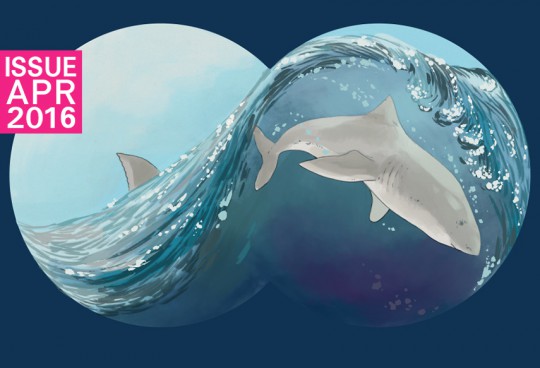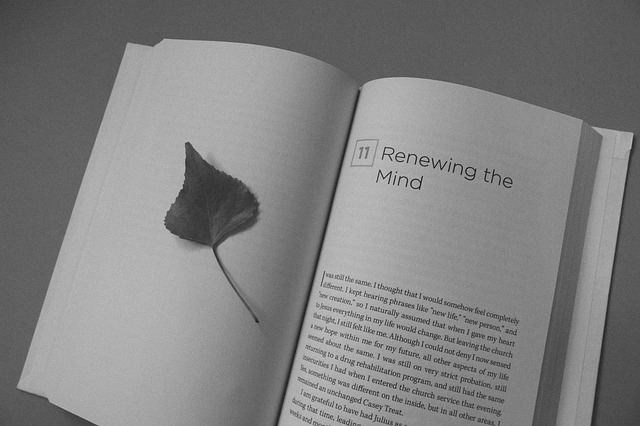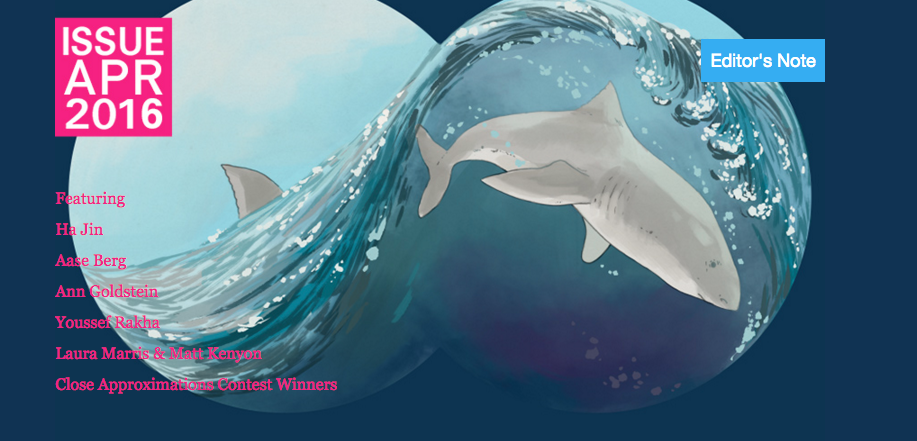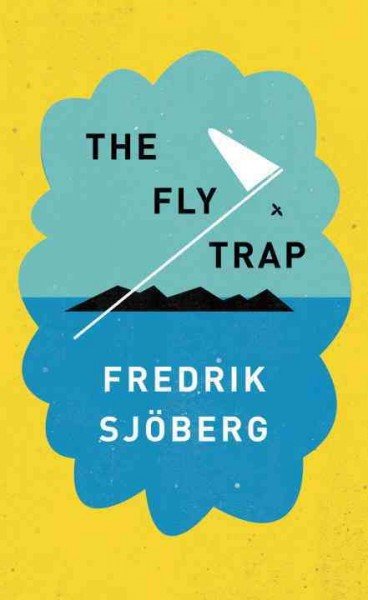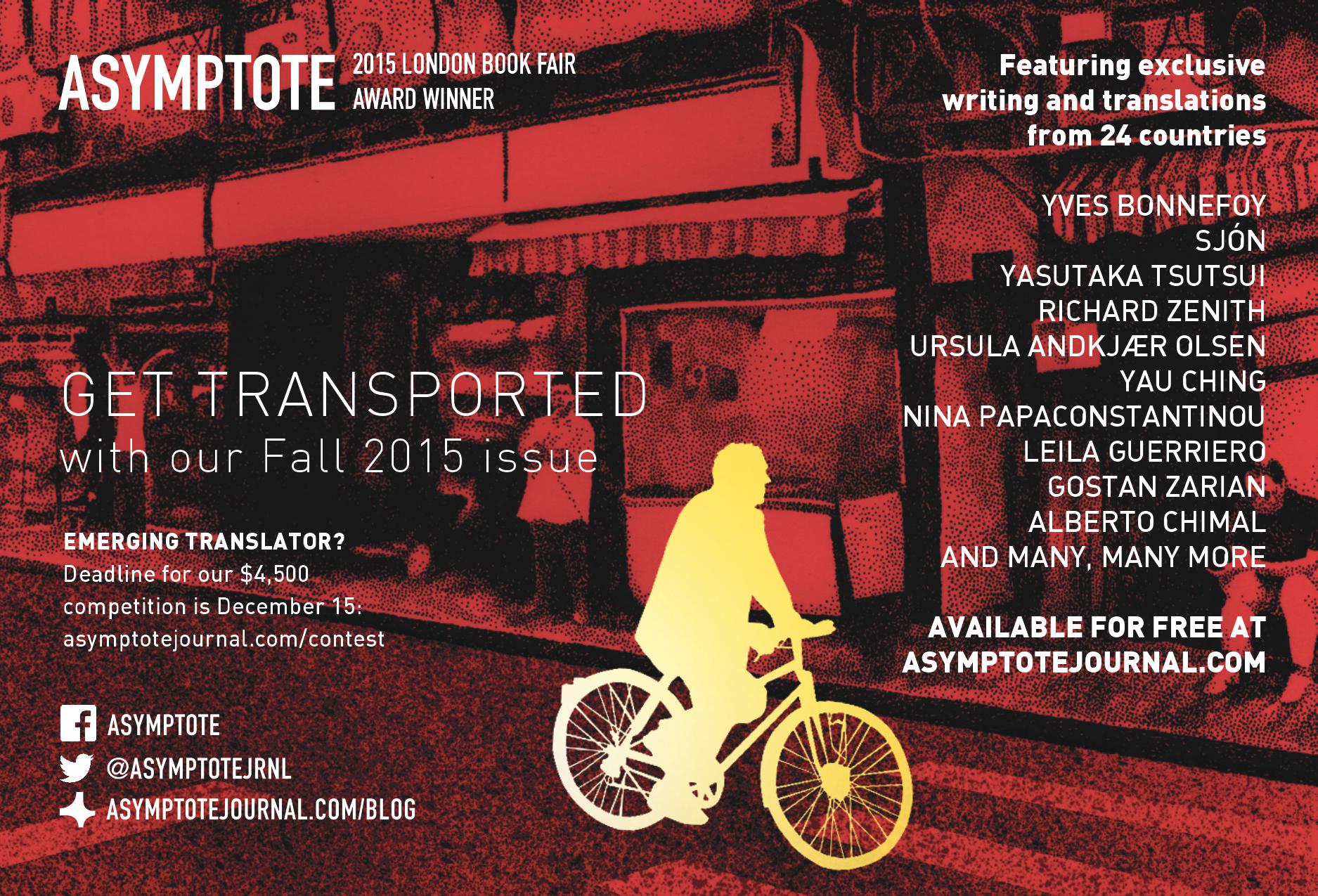Hi there, Asymptote readers! When Asymptote’s April Issue came out (nearly two whole months ago!), we recommended five slick pieces to start off your reading. The issue’s still fresh, featuring dozens of articles, poems, interviews, stories, histories, and visual art definitely worth your perusal. These’ll work to stave off translation cravings until you can get your keyboard on to the July issue—which is slated to come out in a little over a month. Let’s get started (in no particular order, of course):
- An Interview with Ha Jin, by Henry Ace Knight—recommended by Allegra Rosenbaum, blog editor
When I first read Ha Jin in high school, by no means did I appreciate his writing. It wasn’t until I was applying to university that I really started to feel the effect that Waiting had made on my life. Part of the application process in the United States is a personal essay. I wrote the first draft and felt fairly confident about it. I told my mother when she got home. She had just seen Ha Jin talk at her job. READ MORE…

